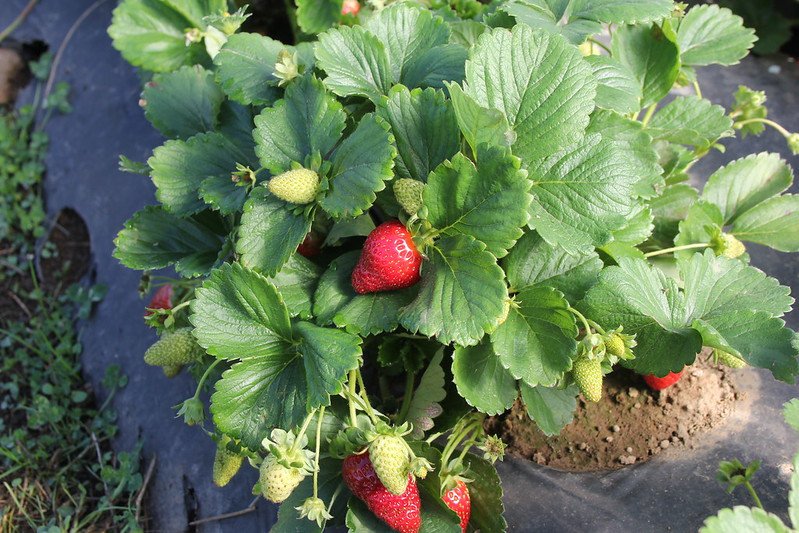OSU study focuses on challenges facing Oregon food, beverage companies seeking to export

CORVALLIS, Ore. (KTVZ) – A new Oregon State University study that examined exporting practices of Oregon food and beverage companies found that the likelihood of exporting increases with firm size and length of time in business and that the COVID-19 pandemic reduced the ability of firms to export.
The study, which analyzed survey data obtained from 95 food and beverage businesses in fall 2020, also found that even among successful exporters, exports account for less than 25% of total shipments and that the cost of establishing a relationship with a foreign partner is a major impediment to exporting.
“What we really found is, it’s just hard to export,” said Jeff Reimer, a professor of applied economics at Oregon State. “Languages are different, the right distributor is needed.
“I think the theme here is small and medium firms are important for our local economies. They are making high-quality products that are sought after overseas, but what can our policymakers and business leaders do to help them export those products?"
The study, recently published in the Journal of the Agricultural and Applied Economics Association, builds on previous research that shows exporting is correlated with faster growth and increased innovation and that exporters increase employment more rapidly than non-exporters and may pay better as well.
But not much research has focused on exporting within the food and beverage industry, Reimer said. The new study aims to address that gap. For the study, which Reimer co-authored with Christian Langpap, also an economist at Oregon State, surveys were sent to about 400 food and beverage businesses registered in Oregon.
The researchers received 95 useable responses, most of which fell into five categories: beverage (47%), fruit and vegetable (16%), meat (4%), seafood (4%) and dairy (4%). Of those, 32% had sales in the $1 million to $5 million range and 53% had sales above $5 million. Thirty percent reported that they already export their product.
Findings included:
- Businesses set up as limited liability corporations are more likely to export compared to those set up as cooperatives or sole proprietorships.
- Thirty-six percent of exporters had more than 20 employees, while another 25% had between 11 and 15 employees. Of these employees, an average of 1.6 per business were tasked with working on export sales.
- Of the exporting businesses, 53.6% said COVID-19 led to a decrease in exports, 35.7% indicated exports remained the same and 10.7% said they increased.
- Fifty percent of exporters said it was “very difficult” or “moderately difficult” to start exporting. Twenty-one percent said it was “slightly difficult” and 21% said it was “not at all difficult.”
- The top reasons making it hard to export include finding and vetting the right distributor, finding the right international market(s) for the product(s), and regulations and paperwork.
The authors also note that survey respondents said that state and federal assistance programs were especially helpful, particularly among smaller firms, and that a resource as simple as a list of potential trading partners was cited as potentially very helpful to budding exporters.
“Oregon’s food and beverage industry is really dynamic, entrepreneurial and quite successful in many ways,” Reimer said. “It brings in a lot of energy, a lot of investment, a lot of talent. People from other parts of the country and around the world move to Oregon to be part of our food and beverage industry. So, it is successful, but how can we do better? We have these great products, these great brands, these innovative talents, how can we introduce the rest of the world to this?
The study was supported financially by the Oregon Department of Agriculture, Oregon State University, Oregon Potato Commission, Oregon Blueberry Commission, Oregon Beef Council and Oregon Dairy and Nutrition Council.